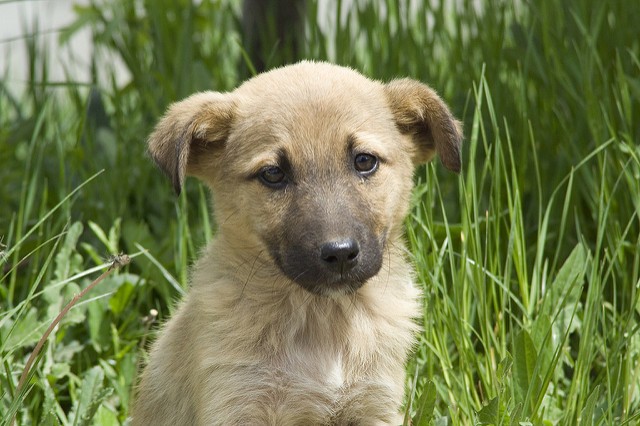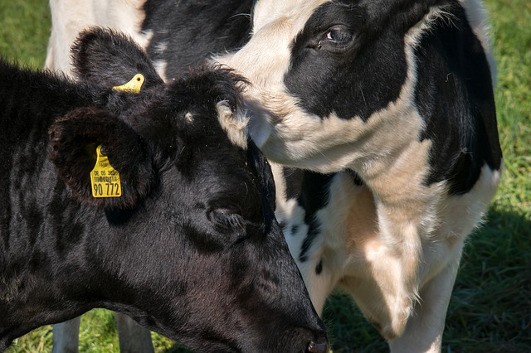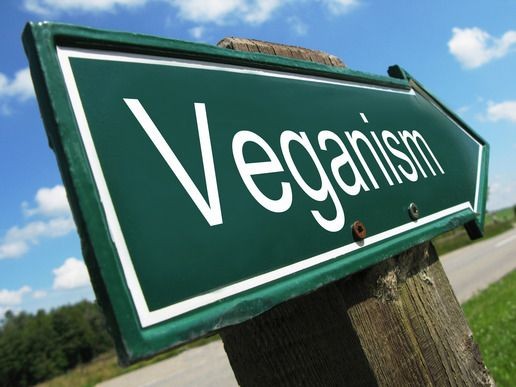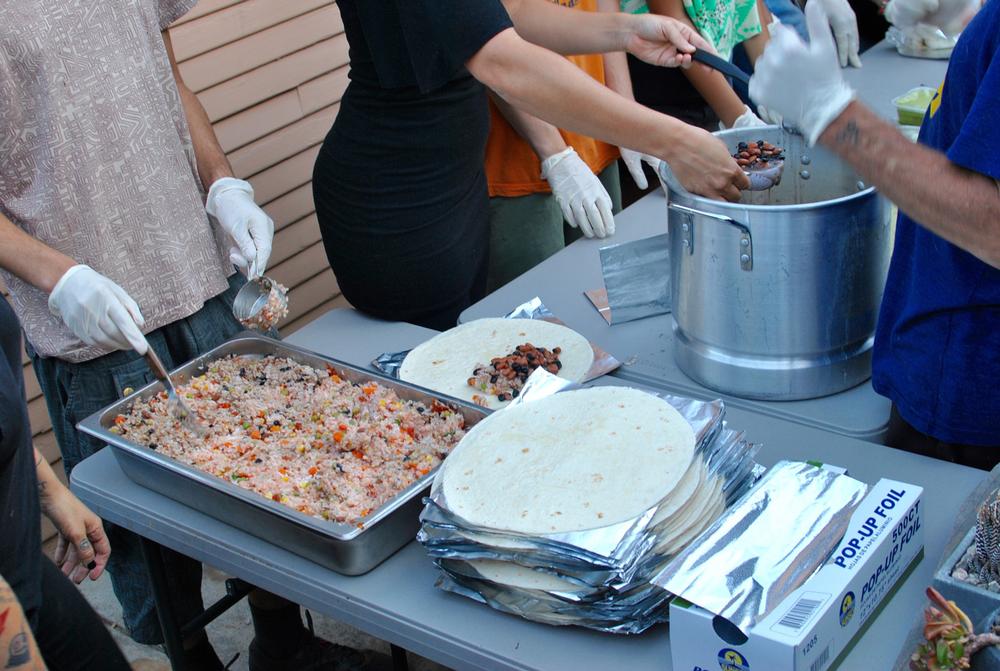While vegans often rightly criticize the double standards of pet owners who on the one hand use to adore their pets but on the other hand lightly accept to savor the meat of other animals, China has aroused an outrageous outcry by celebrating its annual summer festival in Yulin, China, since the animals on the barbecue had been dogs. To Western countries, this was shocking news which was rightly very sharply criticized. However, Western countries seem to forget that their way of treating animals other than dogs and pets in general is in fact not better at all. So, the only difference between the pets that are so lovingly treated and the livestock that is so cruelly killed is the attitude people use to have towards both of them. Obviously, in China the people’s attitude towards animals doesn’t seem to be an issue because all animals seem to be equally mistreated.
“Festival-goers are marking the start of summer solstice by gathering as communities to celebrate over barbecued meat.
This could be a scene from anywhere in the world, but the one making headlines is from Yulin, China – because the animals on the barbecue will be dogs.
Anna Pippus is a Vancouver-based lawyer and director of farmed animal advocacy at Animal Justice.
Festival-goers are marking the start of summer solstice by gathering as communities to celebrate over barbecued meat.
This could be a scene from anywhere in the world, but the one making headlines is from Yulin, China – because the animals on the barbecue will be dogs.
The annual summer festival in Yulin has been widely criticized, mostly by Westerners who aren’t used to thinking of dogs as food. Images and footage of filthy dogs crowded into cages and being brutally slaughtered zoom around the Internet, leaving a wake of outrage and condemnation. And rightly so: the cruelty depicted is stomach churning.
It’s easy to criticize a practice in which we don’t participate in a place many of us have never been. Harder is taking an uncomfortable look in our own backyards – or in this case, on our own barbecues.
In Canada, it’s considered standard practice for chickens and pigs to be so crowded in pens or cages that they can barely move – not just for a few days, but for their entire lives. When we look at a picture of a cage filled with dogs or cats, we instantly recognize the fear and stress that would cause. We live with these animals, and we know they would find being body-to-body with strangers against their will to be terrifying and enormously stressful, just as we would.
This is a hard truth for some meat eaters in the West: The animals we call food are no different than dogs, in their ability to suffer emotionally and physically.
In Yulin, critics point out, the dogs are boiled and skinned alive in some cases. This is barbaric and indefensible.
It’s also barbaric and indefensible that many tens of thousands of chickens and pigs are scalded to death each year in Canada when they are improperly slaughtered, as tallied in our federal government’s antemortem examination reports. And workers report that too many cows are skinned alive on fast-moving slaughter lines.
Some in Yulin believe that adrenalin makes meat more flavourful, thus defending the pain and fear inflicted before death. We don’t prize adrenalin in meat in Canada, but it happens so often that the industry has a term for it: pale, soft, exudative – or PSE – meat.
In other words, pigs, chickens and cows can be so stressed at slaughter that it can fundamentally change the resulting meat – and it happens often enough that it goes by an acronym.
There’s a moral difference between deliberately and accidentally causing stress, to be sure. So let’s talk about foie gras: ducks and geese are intentionally inflicted with severe and painful liver disease to create a luxury food product, a process so inherently inhumane that it has been banned in countries from Australia to India to the United Kingdom. Meanwhile, we Canadians zealously defend our cultural right to consume foie gras.
Some Westerners have expressed disgust that the jubilant spirit of the Yulin festival is disturbingly at odds with the sombre and sad massacre. We ask, how can they celebrate this death?”
Read the full article at theglobeandmail.com!








Exactly. It’s hypocrisy.
hipocrite is to weak of a word.
As I understand it the cats and dogs devoured at Yukon festival are skinned alive and boiled to make the meat better and transfer the strength of the animal to the consumer. It is also a festival being called for being banned by a considerable part of the rest of China